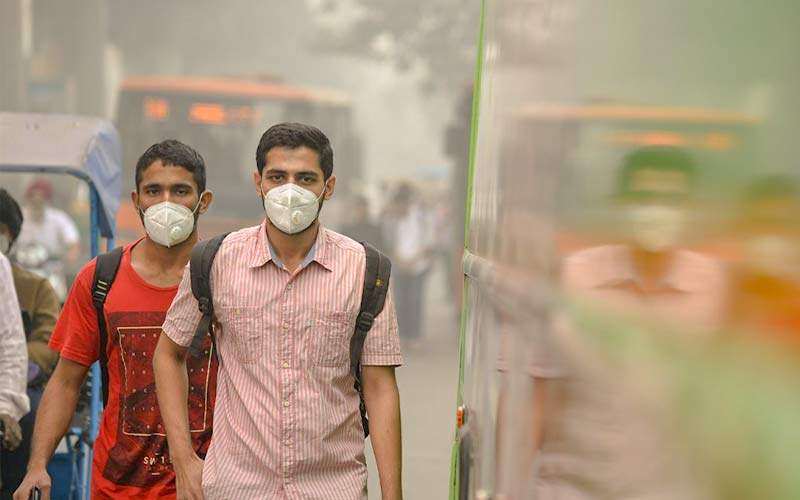The latest crisis in Delhi-NCR has come as an unnerving instance of air pollution sweeping over the nation. As the capital continues to choke in hazardous gases, concerns are being raised on the air quality prevalent in cities across the country. While Vizag was acclaimed for its green and clean environment until a few decades ago, the image has taken a severe beating in recent times. With air pollution continuing to rise unabated, the Air Quality Index of the city has plummeted to the ‘unhealthy’ zone, causing serious worries to the denizens.
As per airvisual.com, the Air Quality Index of Vizag on Thursday was 161 with PM 2.5 levels of 74.8 micrograms per cubic metre, prompting action. The website suggests users avoid outdoor activities, shut the windows to avoid dirty outside air, wear masks when outdoors and employ air purifiers.
The industrial belt and the surging vehicular density have caused an alarming rise in pollution, leaving the city in a spot of bother. Other major contributors to the deterioration of air quality in Vizag include unquestioned waste burning, unauthorised chopping down of trees, adulteration of vehicular fuel and extended use of outdated vehicles breaching pollution norms.
Making matters worse, the smog in Northern India has further spiked the air pollution in Southern India, including Vizag. Furthermore, the unique topography of Vizag, made up of hills on three sides and the sea on the other, hasn’t helped the cause either. Referred to as the ‘bowl’, the topography traps the polluted gases flowing into the city.
The plummeting air quality has raised an alarm among those suffering from respiratory problems in Visakhapatnam. “Many people in Vizag suffer from allergic rhinitis due to air pollution. There is a saying, ‘neglected sneezing leads to wheezing’. Reactions that start with sneezing and a runny nose are often ignored, but from the nose, it trickles down via the respiratory tract into the lungs which can possibly lead to wheezing, asthma and allergic bronchitis. To avoid effects of environmental pollution, I’d suggest that people should use a mask while traveling,” says Dr. Rakesh Godavarthi










Discussion about this post